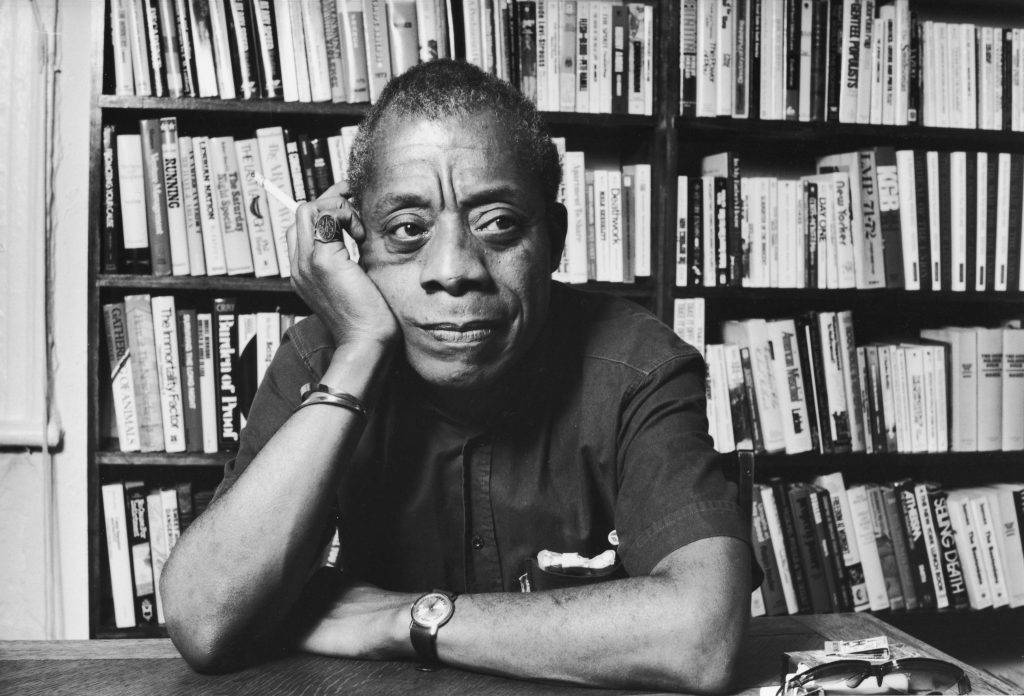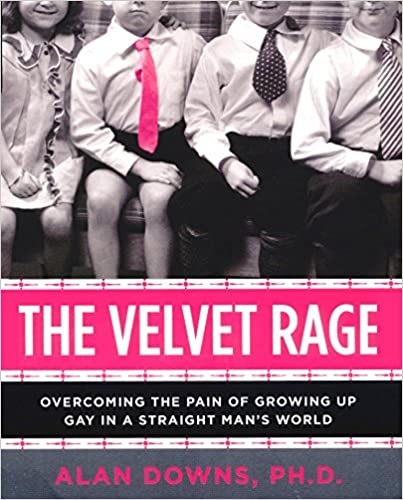Lauren Blackwood, Equality, Diversity & Inclusion Project Officer at KCL reflects on this years UK Black Pride theme of ‘love and rage’.
Content Warnings: black death, trans death, ableism, racism, and queerphobia.
It is somewhat bittersweet that I have a platform to write about my rage. It is not often that black people get to do this and be heard, comforted, or accepted by our audience (Ashley 2014; American Psychological Association 2020). Even whilst writing this, I must perform a level of palatability on this platform – juggling respectability politics, tone policing, colonial ideals of professionalism, providing citations for my literal lived experiences so that I’m seen as credible, and my own authenticity – it’s peak. It’s also peak that we – my community, my ancestors, and I – even have to feel this rage and to have carried it over generations for over 400 years. We do not need anyone to validate our outrage, and we don’t need anyone to justify it. I would much rather just exist in a world where we’re loved, and feel love, and I’d get to just write about love. But honestly, that remains an out of reach utopia, even in big-big 2021.
This year and a half has been a perfect opportunity for non-black people to hear black people, see black life, suffering, and rage. In addition to this, we’ve seen the love that black people continue to extend to one another for the sake of love, survival, and community. To be clear, it is not that these opportunities were not available to non-black people before; it just became a lot harder to avoid engaging with these walks of life. To make it even more shit, what they have witnessed is only a tiny snippet of our lived experiences. Even this opportunity given to non-black people was at the expense of the ongoing detriment of black peoples, and a result of our global suffering and consequent rage.
We’ve had to watch non-black, and non-queer, people find out for the first time that black people disproportionately account for 14% of UK missing persons – but makeup only 3% of the population (White 2021), “Black and migrant trans women of colour [being] more vulnerable and frequently targeted” (Trans Respect 2020) and “People of colour mak[ing] up 79% of the 28 trans people murdered in the USA” (Trans Respect 2020) in 2020, that the school to prison pipeline exists and has historically targeted black children and youth in Britain (Graham 2016), that there’s a lack of public health services tailored to meet black people’s needs (Mind 2019; La Roche et al 2015). None of this is new news to those that it effects, but it’s so incredibly enraging that change so heavily relies on white people, and cishet people, catching up with what we already know and have been protesting about for generations. And just as a note, we’re hardly even close to having proportionate data on black queer lives to be centrally collected and easily accessible in the UK.
But in the face-off all of this historical and contemporary violence, failure, and exclusion from our institutions, queer black people still manage to love and support one another; Lady Phil has given queer black people, Black Pride – a space to exist authentically and unapologetically; Melz Owusu has founded a first of it’s kind University, the Free Black University, alongside completing their PhD giving black people the freedom to regain control and access to our own education and epistemologies; Azekel Axelle founded the Black Trans Foundation supporting black trans and gender non-conforming people access healthcare through fundraising and establishing a network of Queer, Trans, and Intersex, People of Colour (QTIPOC) healthcare experts; Eshe Kiama Zuri initiated the Mutual Aid Fund supporting marginalised people, at the intersections of oppression, across the UK. Even when thinking about all of this love and community response I’m perpetually enraged that it even needs to be done. Imagine if we didn’t have to pour ourselves and all of our energy into meeting our basic needs as queer black people – imagine if that kind of love existed beyond our community. Bruh, rage!!!
Donate to queer black people and organisations this month and every month, whether that be time, requested resources, or money; continuously invest your energy into self-educating about queer black lives, experiences, and history – I promise that you will not run out of valuable things to be learnt; listen to queer black people and act on what you hear – I’m tired of repeating the same requests for meeting basic needs and liberation.
Happy Black Pride, I guess. Pop up if you want my PayPal (for professional and legal reasons this is a joke).
American Psychological Association. (2020, July 2). Prospective teachers misperceive Black children as angry [Press release]. http://www.apa.org/news/press/releases/2020/07/racialized-anger-bias
Ashley W. The angry black woman: the impact of pejorative stereotypes on psychotherapy with black women. Soc Work Public Health. 2014;29(1):27-34. doi: 10.1080/19371918.2011.619449. PMID: 24188294.
Graham, K. (2016). The British School-to-Prison Pipeline. Blackness in Britain.
Mind (2019) https://www.mind.org.uk/news-campaigns/legal-news/legal-newsletter-june-2019/discrimination-in-mental-health-services/
White (2021) Accessed at: https://www.independent.co.uk/news/uk/home-news/black-people-missing-b1827530.html
La Roche, M. J., Fuentes, M. A., & Hinton, D. (2015). A cultural examination of the DSM-5: Research and clinical implications for cultural minorities. Professional Psychology: Research and Practice, 46(3), 183–189. https://doi.org/10.1037/a0039278
Trans Respect (2020) Accessed at: https://transrespect.org/en/tmm-update-tdor-2020/


